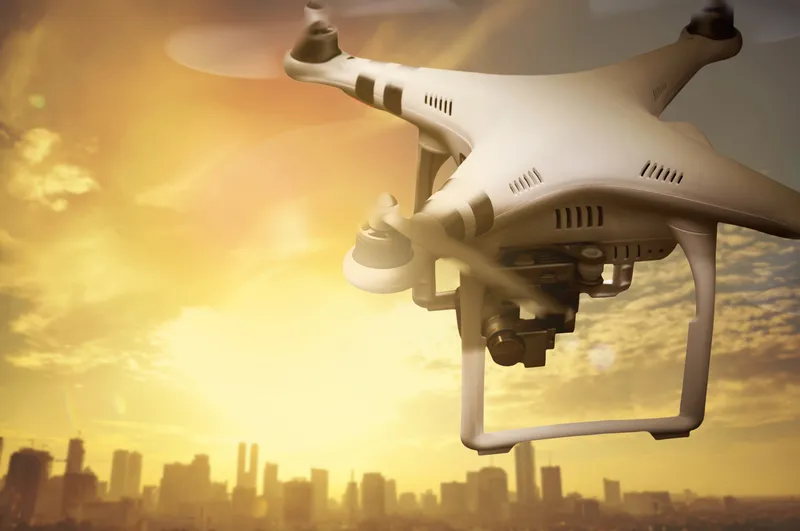As commercial services using drones take off and their recreational use becomes ever more popular, it must be ensured that they pose no threat to public safety or personal privacy, said MEPs in a resolution passed on Thursday on the initiative of the EP transport committee. Drones, which could be used to provide various services, such as inspecting rail tracks, dams, and power plants, assessing natural disasters, crop spraying, film production and parcel delivery have great potential for stimulating economi
October 30, 2015
Read time: 2 mins
As commercial services using drones take off and their recreational use becomes ever more popular, it must be ensured that they pose no threat to public safety or personal privacy, said MEPs in a resolution passed on Thursday on the initiative of the EP transport committee.
Drones, which could be used to provide various services, such as inspecting rail tracks, dams, and power plants, assessing natural disasters, crop spraying, film production and parcel delivery have great potential for stimulating economic growth and job creation, MEPs say in the resolution, which was passed by 581 votes to, 31, with 21 abstentions, but safety, privacy, data protection and liability issues must be addressed, they add.
Policies should include privacy and data protection safeguards and drones should be equipped with ID chips and registered to make it easier to catch criminals who use them to breach privacy and data protection rules or commit other crimes. Drone ID chips would also facilitate accident investigations and help solve liability issues, say MEPs.
They ask the EU Commission to support research into ‘detect and avoid’ technologies to enable drones to avoid collisions with other airspace users or objects on the ground and geo-fencing technology to prevent drones from entering no-fly zones such as airports and power plants.
As current national authorisations for drones and their operators are not generally mutually recognised by EU member states, MEPs support Commission plans to propose EU-wide rules which would allow national authorities and other qualified bodies to handle validation and oversight activities. They also say safety rules should match risk levels and should distinguish between professional and recreational use.
Drones, which could be used to provide various services, such as inspecting rail tracks, dams, and power plants, assessing natural disasters, crop spraying, film production and parcel delivery have great potential for stimulating economic growth and job creation, MEPs say in the resolution, which was passed by 581 votes to, 31, with 21 abstentions, but safety, privacy, data protection and liability issues must be addressed, they add.
Policies should include privacy and data protection safeguards and drones should be equipped with ID chips and registered to make it easier to catch criminals who use them to breach privacy and data protection rules or commit other crimes. Drone ID chips would also facilitate accident investigations and help solve liability issues, say MEPs.
They ask the EU Commission to support research into ‘detect and avoid’ technologies to enable drones to avoid collisions with other airspace users or objects on the ground and geo-fencing technology to prevent drones from entering no-fly zones such as airports and power plants.
As current national authorisations for drones and their operators are not generally mutually recognised by EU member states, MEPs support Commission plans to propose EU-wide rules which would allow national authorities and other qualified bodies to handle validation and oversight activities. They also say safety rules should match risk levels and should distinguish between professional and recreational use.









